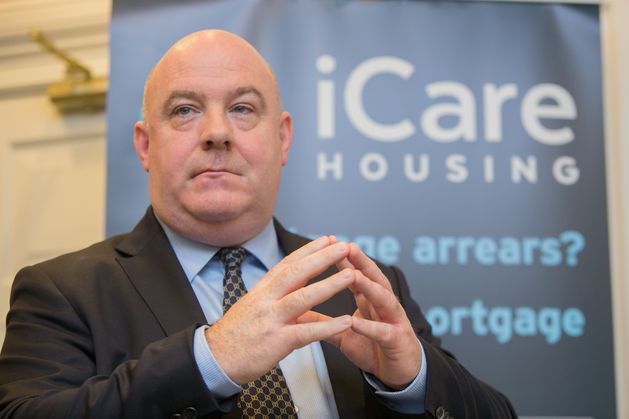This point cannot be stressed enough.
Terry O'Malley in the Central Bank did a
paper on this last year. Look at table 1.
View attachment 3895
The sample is only for owner occupiers in arrears
of two years or more. Of this group the average mortgage holder has an LTV of 90%, an age of 49 and 15 years remaining on the mortgage. This does not look particularly unsustainable to me.
A quarter of this group have a property valued LTV of 24% or less, a property worth €176k or less, a rate of 1.2% or less and a monthly instalment of €440 or less. This is a completely sustainable mortgage even for a family on benefits and will pay for itself immediately if rented out. These people are only in arrears for two years or more because they know that the legal system is borrower friendly and lending is much cheaper than an overdraft or a credit card.
